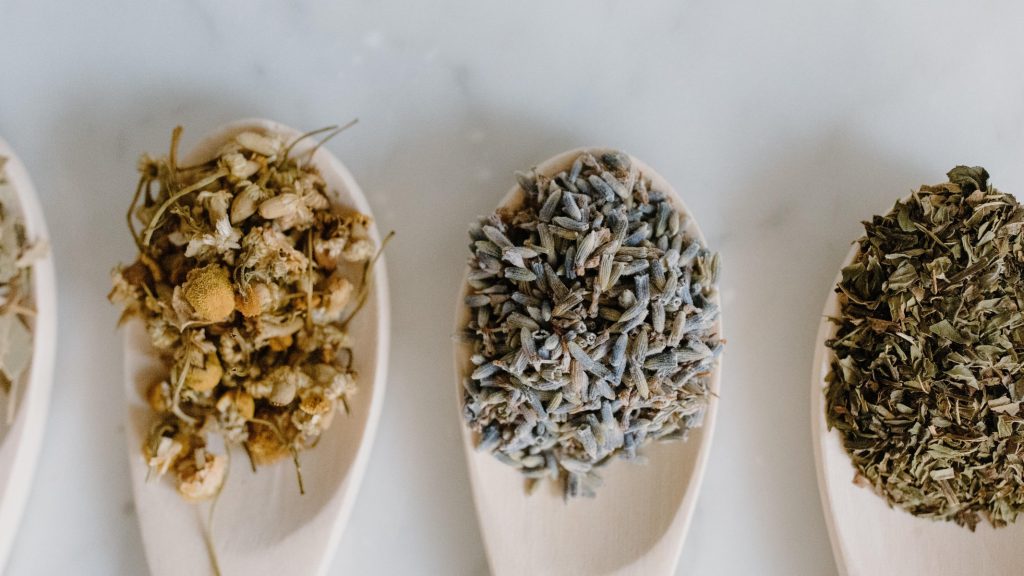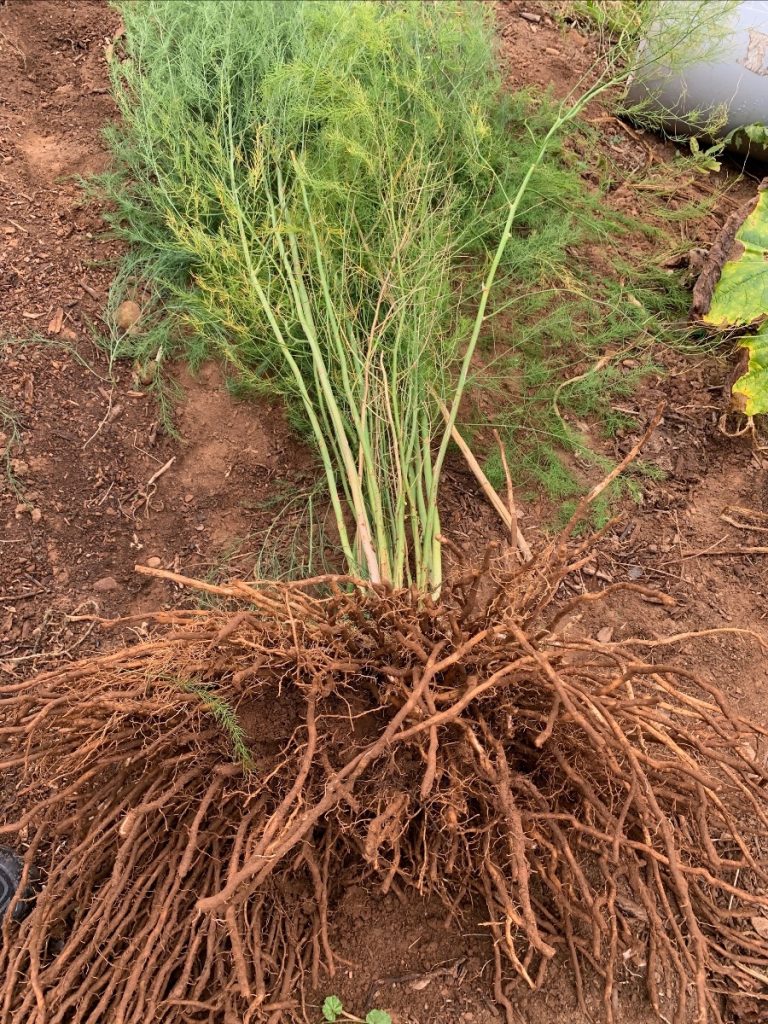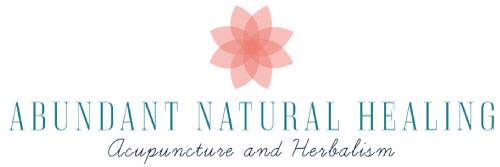
Why would you seek medical care when you aren’t feeling sick?
One common misconception in our world today is that we only need health care when we are feeling sick.
This is contrary to a holistic view on health which demonstrates that maintaining health when you are not feeling sick is more important to overall health than only choosing health care when you actively feel sick.
Our body is a vast and complex system that requires balance.
Balance, or homeostasis, is achieved when each cell, tissue, muscle, and organ is functioning at its optimum state.
Balance is an easy state to achieve, yet a challenging one to maintain. Because of the complexities of modern life, our bodies are constantly moving out of a balanced state and into a state of varying degrees of disharmony.
We can feel the homeostasis in our bodies when we meditate, do yoga, exercise, pray, or use our bodies or minds to their fullest extents. This homeostasis may exist for a mere second, but the effects of achieving that state will have lasting effects on your entire body.
One way to think of our body is as a series of towns (organs) that are connected by a series of freeways (veins, arteries, meridians).
The best way to create a harmonious society is to maintain clear travel pathways between the towns. If there is an accident on one freeway, it is very important to clear the accident as quickly as possible so that traffic does not build up and prevent travel.
Using this analogy, we can view basic body imbalance as a small accident that blocks one lane of the freeway, and we can view severe illness as an extreme accident that blocks most of the freeway and delays passage to and from the towns.
The ambulances and tow trucks used to clear the scene of the accident are Herbs.

Herbalism works as both the emergency vehicles and the stoplights in this analogy. It not only cleans up the emergency messes, but also maintains the free flow of traffic so that fewer accidents can occur.
The goal of true health care is not clearing symptoms, but instead encompasses balancing the body so that the body may in turn heal itself. When our bodies are aligned and in balance, our immune system, digestive function, and cognitive state improve.
When these 3 functions are improved, the body holistically works better. The aging process slows and vitality is restored to our being.

Why Herbalism?
Herbalism is an ancestral form of medicine.
When our ancestors were sick, they received medical care from the herbalist in their community. The keepers of the knowledge of Herbs were seen to have a special connection with the natural world that allowed them to uncover the healing potentials of the plants around them.
Each region has its own understanding of herbalism based on the herbs that grow nearby and the forms of perservation that are available to them.
Our modern world has shown us beautiful and amazing uses of Western Medicine, but it has also introduced many complications into the field of medicine.
I believe that sometimes when life throws complexities into the mix, we have the opportunity to go back to the basics to strengthen our foundations. Herbalism is our foundation of health care as humans, nature provides us with herbs that provide healing and nourishment.
Herbalism provides natural healing.
Healing that can be achieved by making a tea from a plant grown in your backyard.
It is simple, wholesome, and effective.
Choosing herbalism is choosing to be an active participant in your health.

Herb of the Month
Shatavari / Tian Men Dong
Shatavari is also known as Tian Men Dong, Asparagus racemosus, or Medicinal Asparagus Root.
In Traditional Ayurvedic Medicine, it is viewed as one of the premier herbs for women’s health. It helps to clear heat from the reproductive organs and to nourish fluids throughout the body.
The name Shatavari means “one who posesses a hundred husbands”speaking to the fertility enhancement that this herb offers. Although the name of this herb alludes to its use for females, it is also very effective at balancing men.
In Traditonal Chinese Medicine, this herb is viewed as an herb that lubricates the throat, the lungs, and the large intestines.
It also nourishes blood throughout the body and moistens blood so that it flows more smoothly throughout the body and can in turn carry more oxygen to depleted tissues.
Similar to the effects of the Asparagus vegetable, this root increases urination to help flush unwanted toxins and metabolic byproducts from the body while still maintaining proper moisture levels within the body.
Shatavari root may be boiled whole in tea form, dried and ground into a powder, or tinctured. If it is dried and powdered, one may make a strong tea with Shatavari powder, ghee, and a milk of choice to nourish the fluids of the body. This concoction can be used as a tonic and can be added into meditation or other health rituals.
